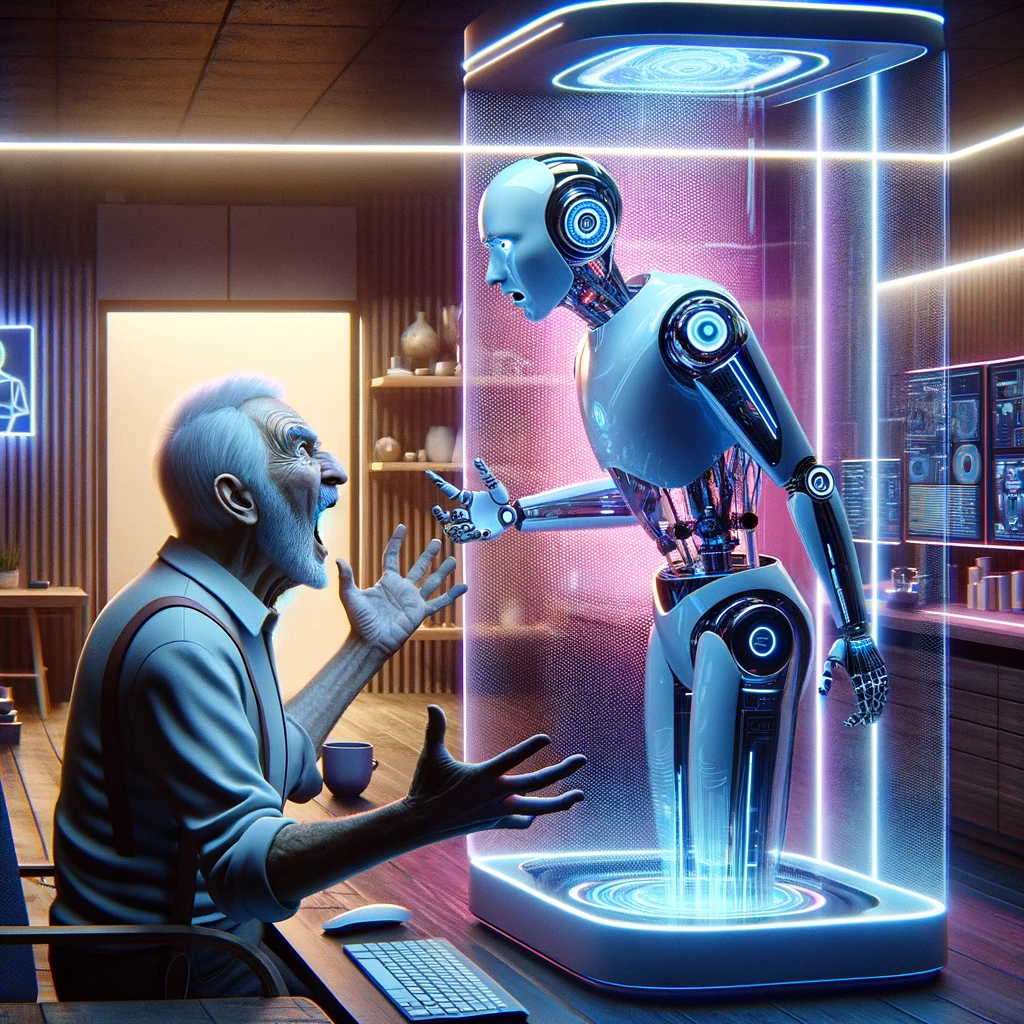Elon Musk, the entrepreneur behind Tesla and SpaceX, has launched a lawsuit against OpenAI, the AI research organization he co-founded. Musk accuses OpenAI and its leaders of straying from their initial non-profit, humanity-first ethos, focusing instead on profit.
The lawsuit, filed late Thursday, specifically points to discussions Musk had with Greg Brockman, OpenAI’s co-founder, about the organization being an open-source, non-profit entity. However, recent reports, including one from the Financial Times, highlight OpenAI’s trajectory towards hitting $2 billion in annual revenue by the end of 2023, a stark contrast to its original mission.
At the heart of Musk’s complaint is OpenAI’s decision to privatize the development of GPT-4, and its exclusive agreements with Microsoft, which Musk argues transform OpenAI into a closed-source, profit-oriented organization. This move, according to Musk, betrays the foundational principles of OpenAI.
Musk’s lawsuit aims to force OpenAI to return to its original mission of developing AGI for the benefit of humanity, challenging the shift towards a model that benefits select individuals and corporations.
In the midst of these allegations, Musk has also ventured into the AI domain with xAI, an AI startup focusing on advancing AI research while prioritizing societal safety. Despite criticisms, xAI underscores Musk’s ongoing commitment to ethical AI development, contrasting with his view of OpenAI’s recent direction.
This legal and ethical confrontation highlights significant concerns about the governance of AI research and its societal implications, underscoring the need for a balanced approach to AI development that aligns with ethical standards and benefits humanity at large.
Generated with insights from Decrypt and other sources









